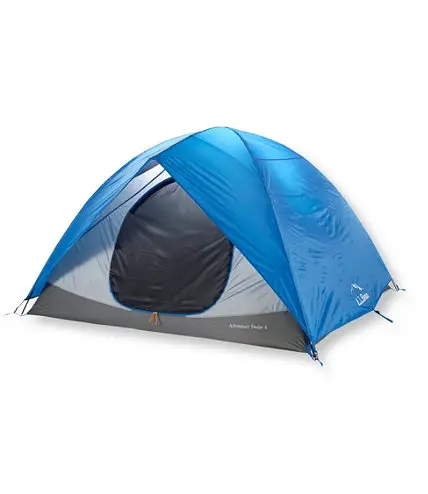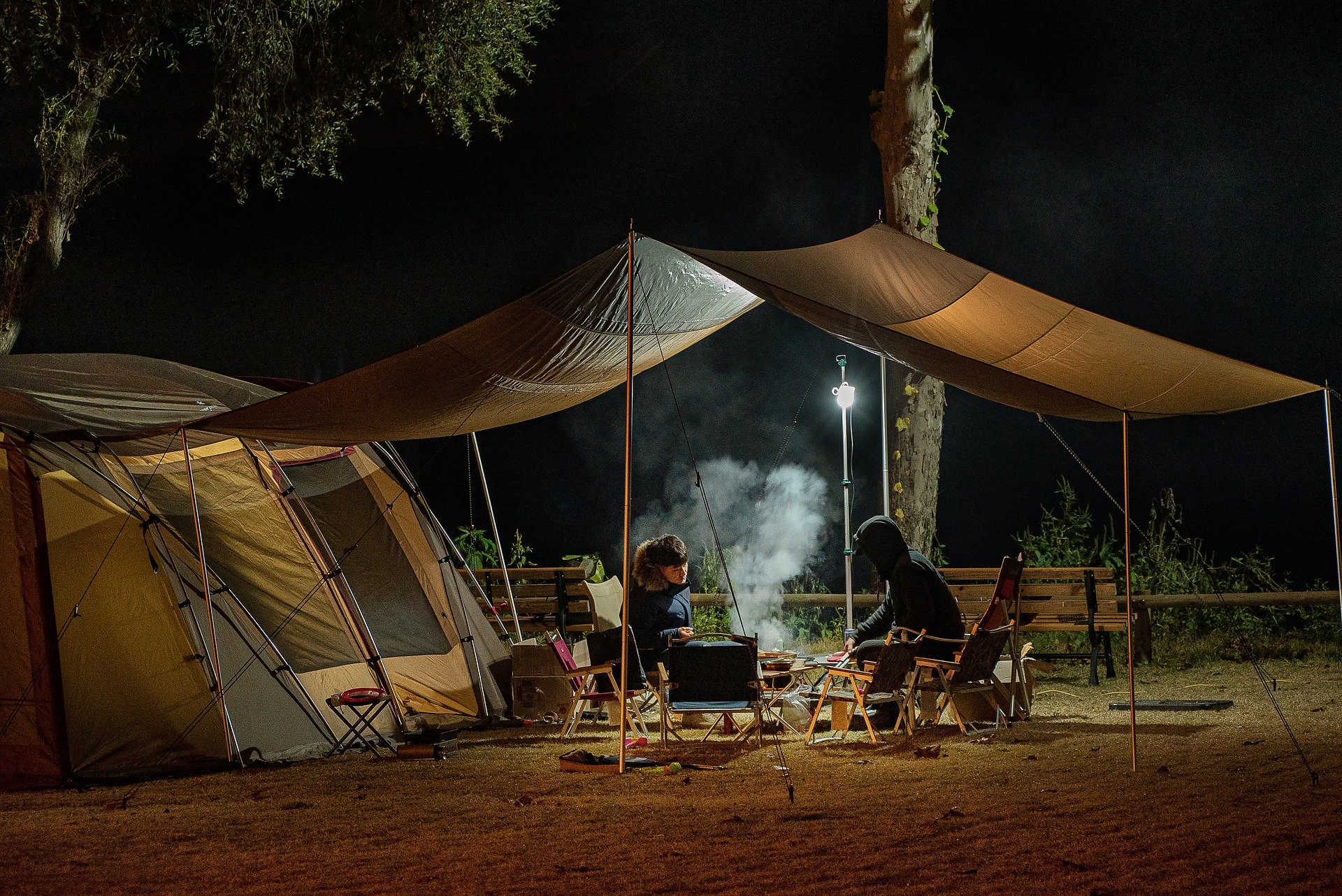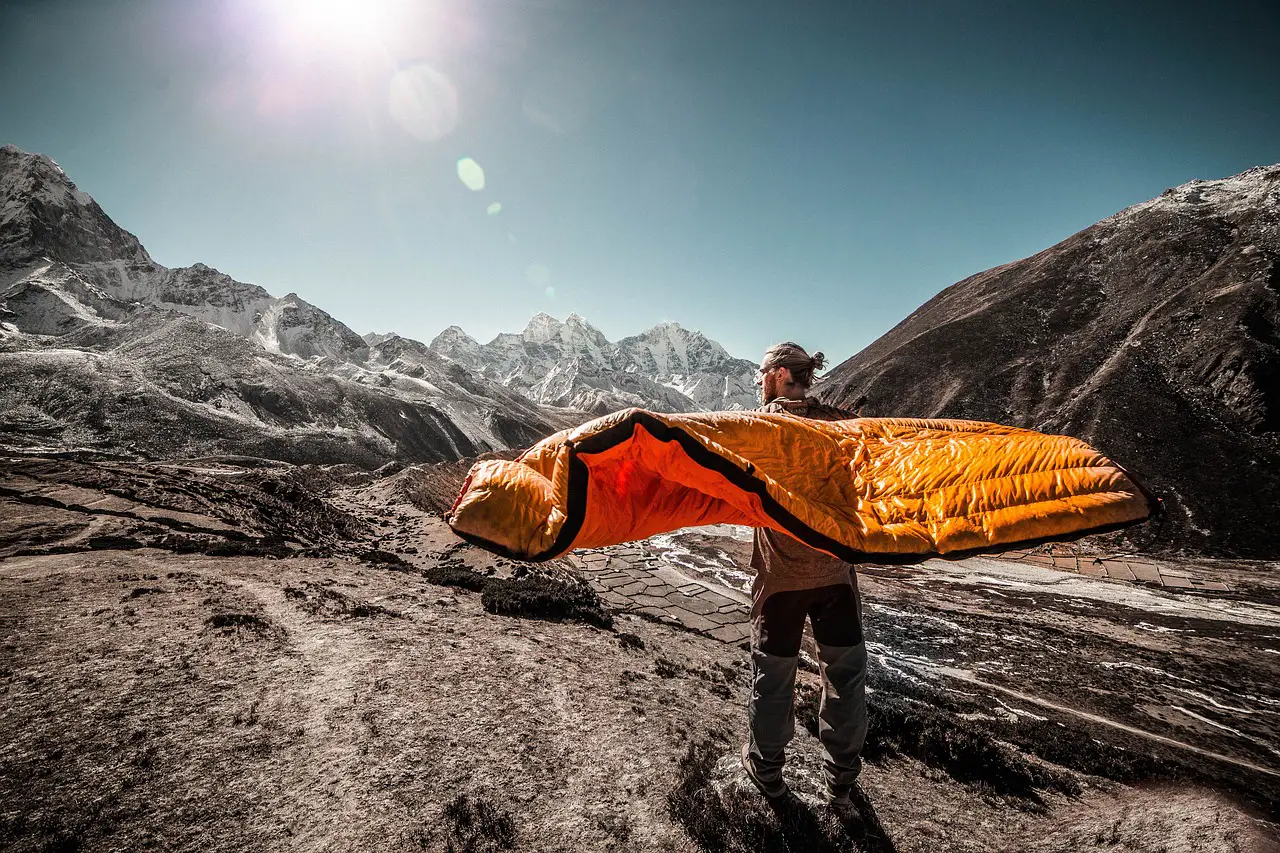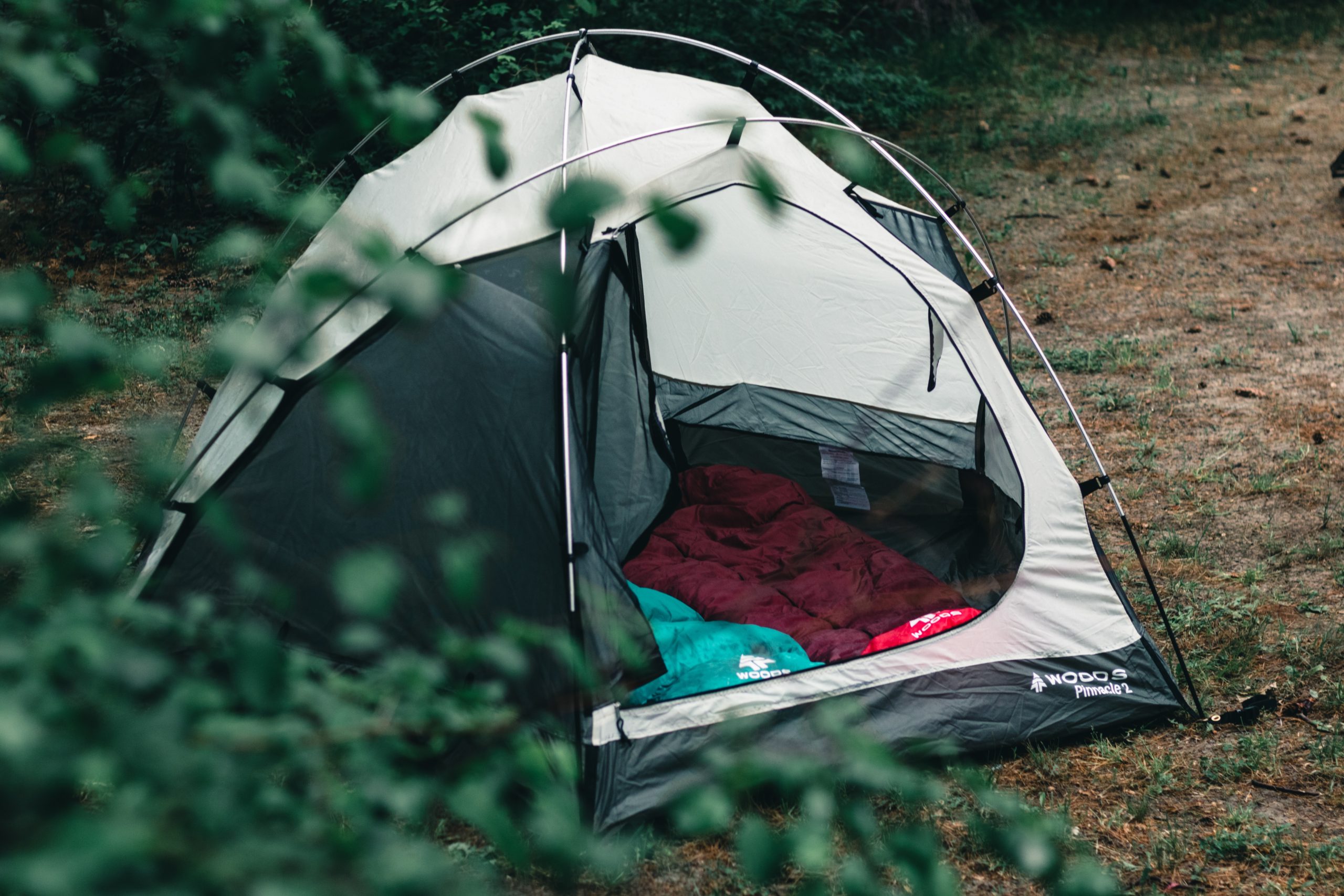
As outdoor enthusiasts celebrate the joy of camping, it’s crucial to prioritize safety to ensure a memorable experience. Whether you’re camping with children, venturing into the wilderness alone, or exploring a new location, understanding and implementing safety measures is paramount. The following tips go deeper than having a great flashlight or a cozy tent. (But, if you’re looking for gear, we can help you right here.)
Camping Safety with Children
Camping with children adds an extra layer of responsibility. Careful planning and supervision are needed to guarantee a safe and enjoyable experience for the whole family. Here are some key tips:
- Kid-Friendly Campsites:
Choose campsites that cater to families. Look for ones that offer amenities such as playgrounds, family-friendly trails, and designated swimming areas. These features ensure a more secure environment for young campers. - Educate and Involve:
Teach children about basic camping safety rules. Instruct them on the proper use of camping equipment, the importance of staying on marked trails, and the significance of not disturbing wildlife. - First Aid for Kids:
Pack a child-friendly first aid kit containing bandages, antiseptic wipes, and any necessary medications. Familiarize children with the kit and its contents emphasizing when and how to use each item.
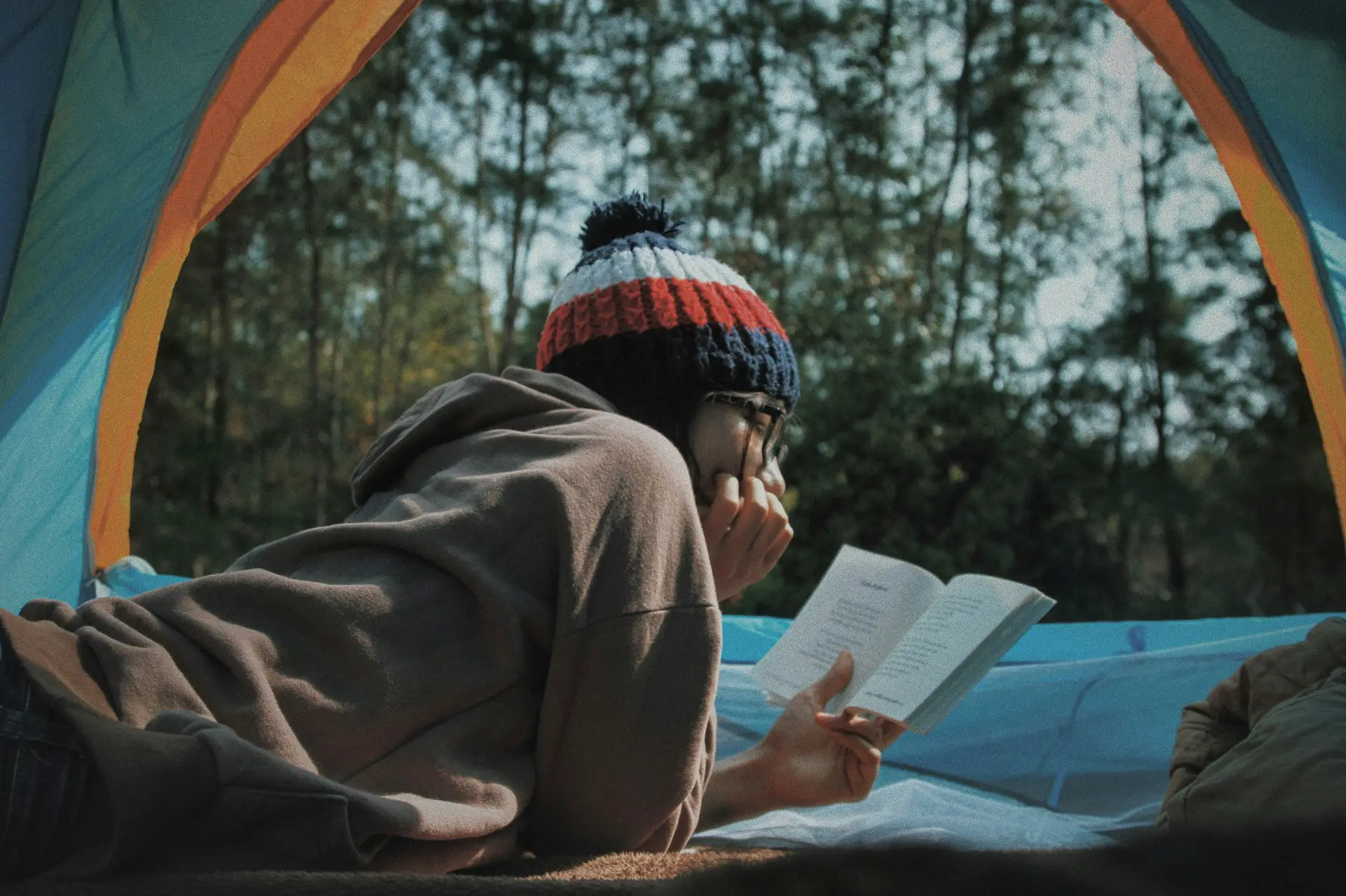
Camping Safety When Alone
Venturing into the great outdoors alone can be a rewarding and empowering experience, but it requires careful consideration and safety measures. Here’s how to ensure a safe solo camping trip:
- Share Itinerary:
Inform a trusted friend or family member of your camping itinerary. Remember to include your planned route, campsites, and expected return date. This precaution facilitates a quicker response in case of emergencies. - Emergency Communication:
Carry a reliable communication device. Satellite phones or personal locator beacons are perfect for this. Ensure your device is fully charged and test its functionality before embarking on your solo adventure. - Self-Defense Awareness:
Always be aware of your surroundings. Knowing self-defense measures is a plus. Basic self-defense techniques provide an added sense of security when camping alone.
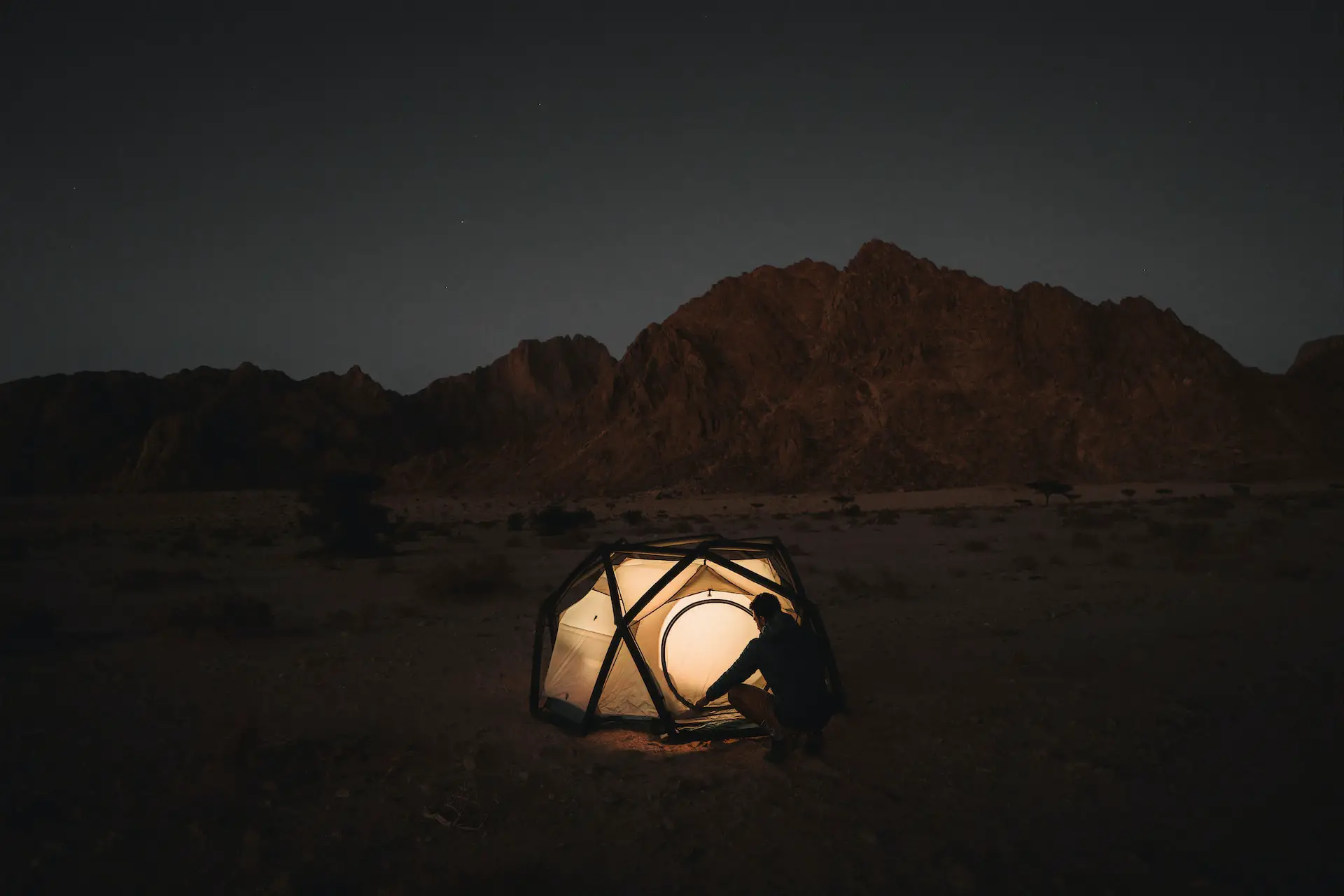
Camping Safely in a New Spot
Exploring unfamiliar campgrounds adds an element of excitement, but it’s essential to prioritize safety when venturing into new territory. Consider the following tips for a secure experience:
- Research the Area:
Gather information about the camping area before arrival. Know the local wildlife, weather conditions, and any potential hazards specific to the region. This knowledge will help you prepare adequately. - Navigation Tools:
Equip yourself with reliable navigation tools such as a map, compass, and GPS device. Familiarize yourself with the terrain to avoid getting lost. This is especially vital in areas with challenging landscapes. - Connect with Locals:
Engage with local communities or park rangers to gain insights into the area. They can provide valuable information about the best trails, potential dangers, and any current alerts or restrictions. Many parks and campgrounds have up-to-date websites.

Camping is a wonderful way to connect with nature and create lasting memories. By prioritizing safety, whether camping with children, alone, or in a new location, you can ensure a positive and safe outdoor experience. Implementing these tips will give you peace of mind for all your adventures.
Happy Camping!




